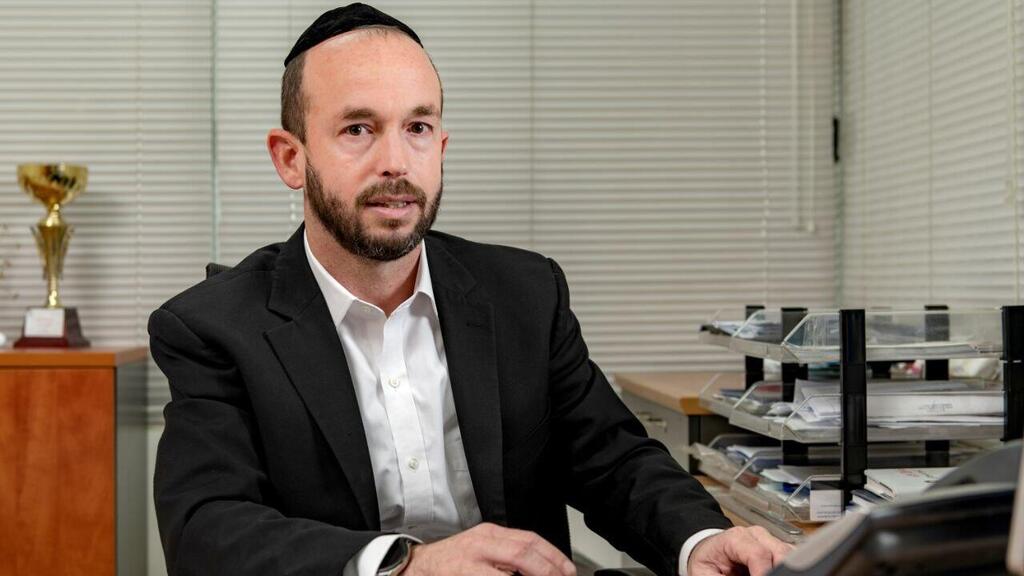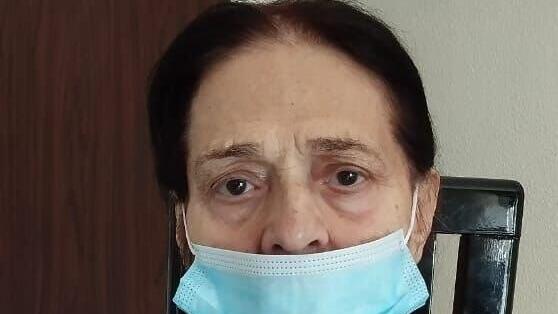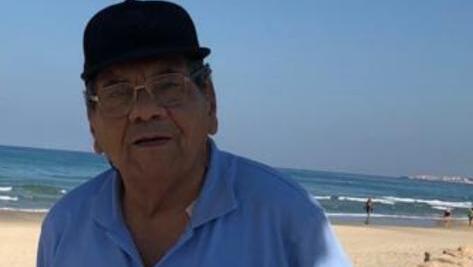Getting your Trinity Audio player ready...
A sign of the high cost of living: The increase in drug prices leads more and more patients to ask for help from an organization in Israel that works to obtain them and give them to those who in need; Sometimes these are life-saving drugs that cost tens of thousands of shekels
More stories:
More and more Israelis who suffer from illnesses turn for help to organizations that assist in obtaining medicines. Sometimes these are very expensive life-saving drugs, the treatment of which reaches tens of thousands of shekels a month. The cost of living also severely affects those who struggle for their health.
4 View gallery


Some families have to chose between buying medicines or buying food
(Photo: Shutterstock)
Udi Mordechai, 55, from Jerusalem, helps his mother Carmela obtain the drug Opdivo, which is intended, among other things, to treat tumors in the mouth. This is a medicine that is in the health care basket of medicines, but is given only under certain indications. "It's a drug that works against cancerous tumors," Mordechai says. "It's in the basket, but since it was given to her in the past but stopped working, she's no longer entitled to it."
Mordechai explains that his mother received the medicine again as part of a study, and then it worked. "But the cash register is not an issue," he claims. "We began to finance the medicine independently and have paid 130,000 shekels so far, hoping that it will prove effective. Each treatment, which lasts two weeks, costs us about 15,000 shekels. We are expected to spend another 40,000 shekels until we can do a test and request funding from the health fund again for the medicine. If it becomes more expensive, it's a lot of money for us."
Against the backdrop of the possible increase in the price of prescription drugs and drugs that are not in the basket of medicines, the central aid organization in Israel for the distribution of drugs, Haverim L'Refuah (Friends for Health), reports a jump in the number of applicants who are unable to finance them. These are medicines whose price may reach tens of thousands of shekels per month.
According to the organization's data, there was a 15% increase in the number of people applying to obtain medicines, which in many cases may be life saving. Between the months of January and May of last year, the organization dealt with an average of 6,315 inquiries per month. In the corresponding period this year, there are already 7,270 inquiries on average per month, and the number is expected to increase.
"We make an effort to obtain the drugs in every possible way," says Baruch Lieberman, the chairman of the organization. "Starting from collecting excess drugs from people who have leftovers and no longer need them, through inquiries to the pharmaceutical companies that mobilize and donate to our pharmacy, and through us provide assistance to patients to the extent of millions of shekels."
"We are exposed to the unimaginable difficulty of people who mobilize their entire family and friends to buy medicine, each one according to their ability. In many cases, patients bring several hundred additional shekels to purchase the medicine. Sometimes it is even necessary to ask the pharmaceutical companies to send the medicine outside of regular hours because the patient got the payment right at the last minute," he says.
4 View gallery


Baruch Lieberman is the chairman of Haverim L'Refuah
(Photo: Courtesy of Haverim L'Refuah )
Lieberman adds that: "We understand that in a few days the prices of medicines will rise. Every effort should be made to make things easier for the patients. In any case, everyone who needs treatment next month should try to purchase medicines before the end of the month. I'm not just talking about the patients we treat. We appeal to everyone – even those who have insurance. This is also an opportunity to ask anyone who has unused medicine, or knows someone has some, to take care of transferring it to us and we will give it to those who need it for free."
Dorit Shaked from Ashkelon, the daughter of Saadia Shaked, who needs a particularly expensive drug called Reblozyl, says that "my father suffers from a blood disease in which his hemoglobin is very low. His blood values are low to a level that is life threatening. He receives a blood transfusion once a week, which is the solution given by medicine today. But the doctors found that a certain drug could exempt him from receiving a blood transfusion every week and save him. He was found suitable for this drug, but it is not in the health care basket, and the HMO also refused to give it to us. It costs about 30,000 shekels a month. I don't know anyone who can afford it."
According to Shaked, "This is the only medicine that can save him. Haverim L'Refuah made an effort and got us four doses, but we don't know what will happen after it ends. Any further increase in price will lower the chances of getting it. People today have to choose between buying medicine or food."
Health Minister Moshe Arbel this week sent an appeal to Finance Minister Bezalel Smotrich, even though his office is responsible for setting the price of medicines every six months.
For Mordechai, this is a critical decision.
"It's very difficult," he says, "I turned to Haverim L'Refuah to get assistance and I hope the fund will answer. My mother has been living with this tumor for 10 years and has undergone seven surgeries. We have applied pressure, but so far without success."
First published: 21:46, 06.15.23




